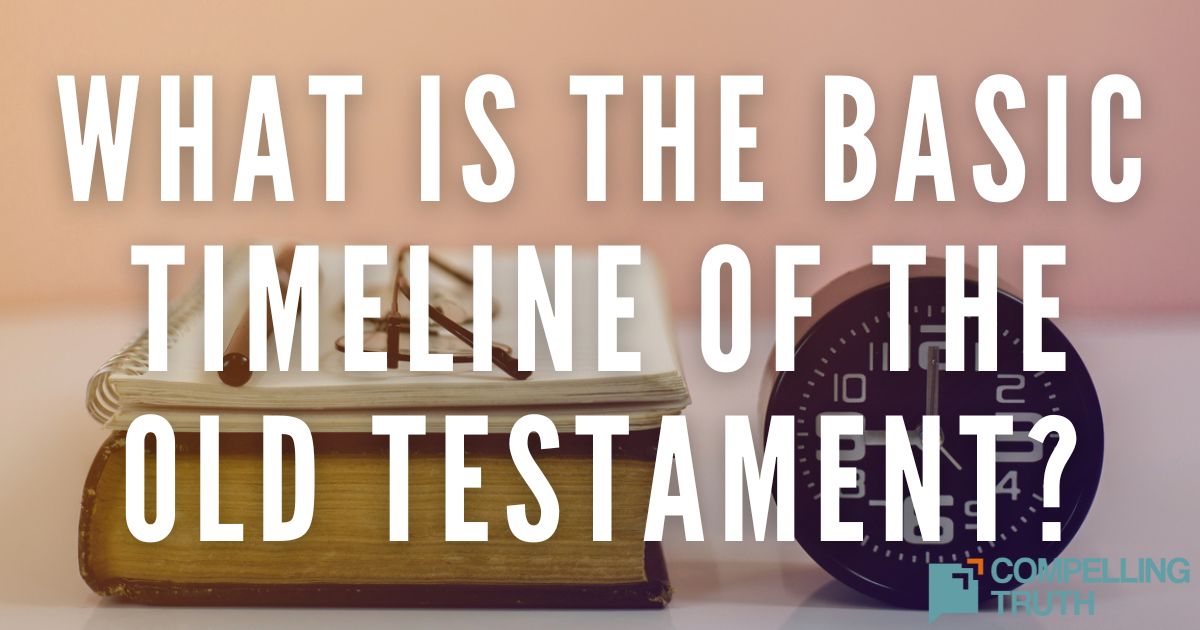what does the bible say?
Manasseh ruled over Judah for fifty-five years around 697–642 B.C., as documented in 2 Kings 21:1–18 and 2 Chronicles 33:1–20, also mentioned in Jeremiah 15:4. Despite being the son of the righteous King Hezekiah, Manasseh led Judah into deep idolatry and wickedness. His evil practices included child sacrifice, erecting altars to foreign gods, and promoting occult practices. God warned of impending disaster due to Judah's sins. Manasseh was captured by the Assyrians but repented during his captivity, leading to his restoration by God. Despite his repentance, his legacy of evil persisted, and his son, Amon, followed in his footsteps. Although not mentioned in the New Testament, Manasseh's story demonstrates God's forgiveness and mercy, even to the most sinful.




